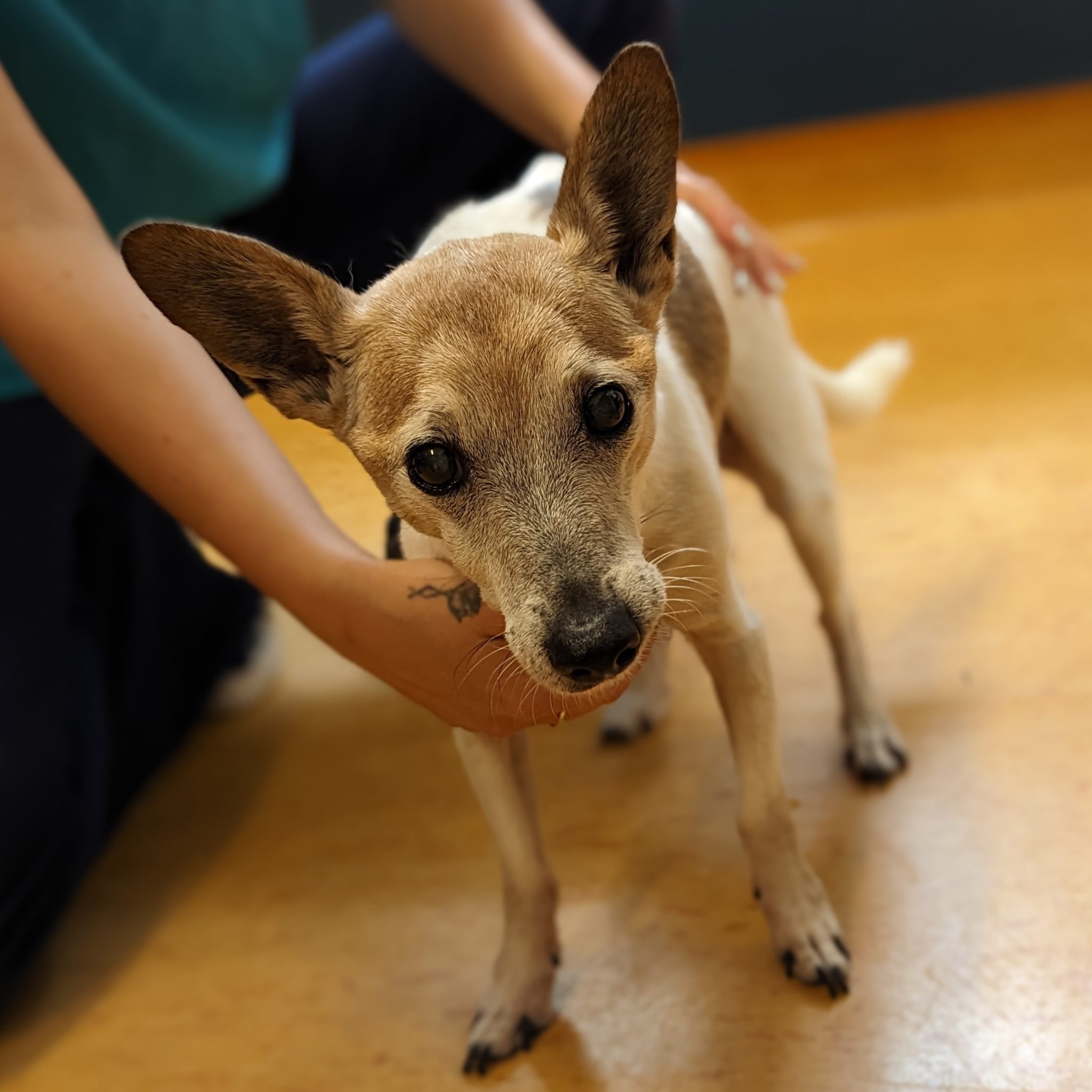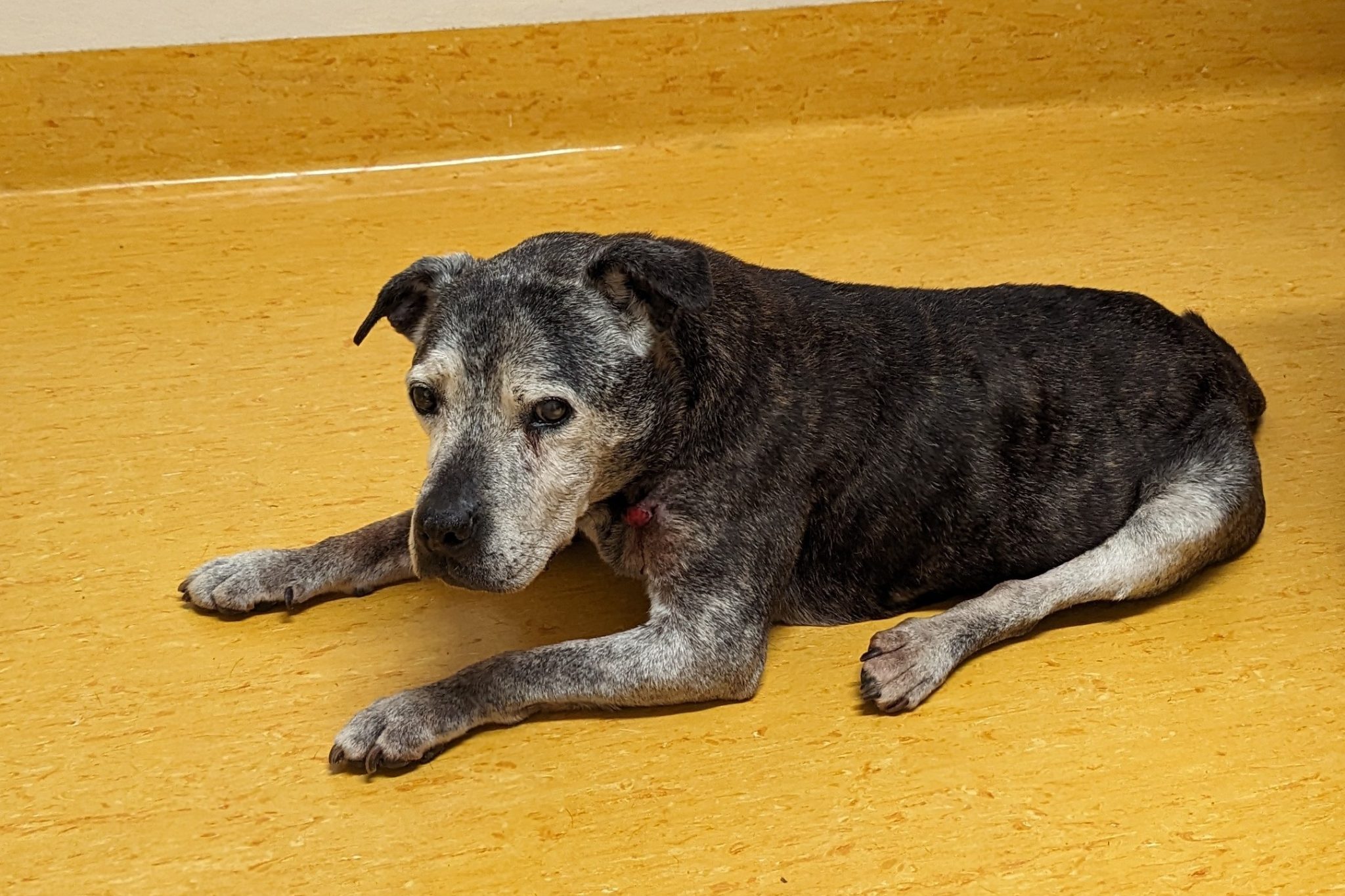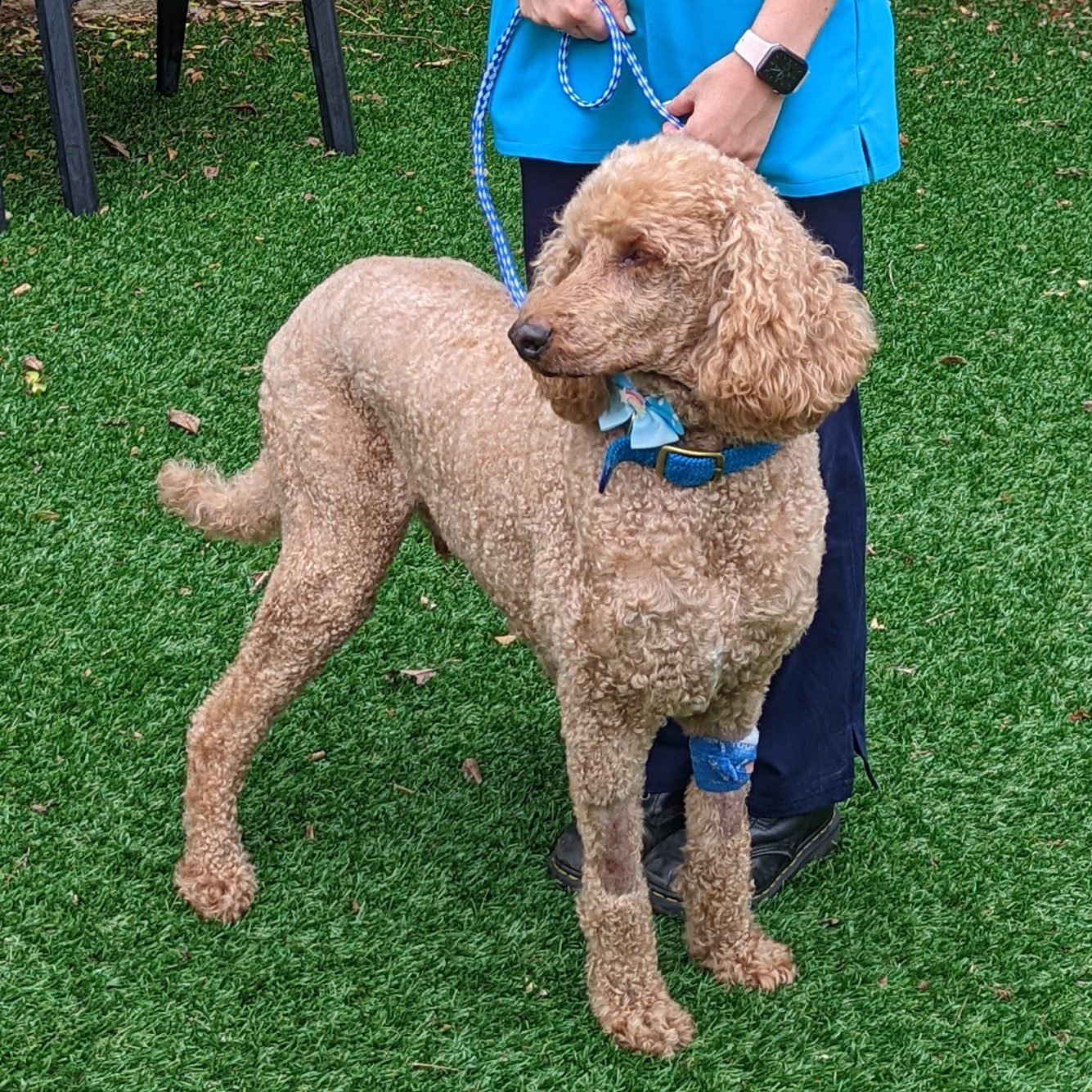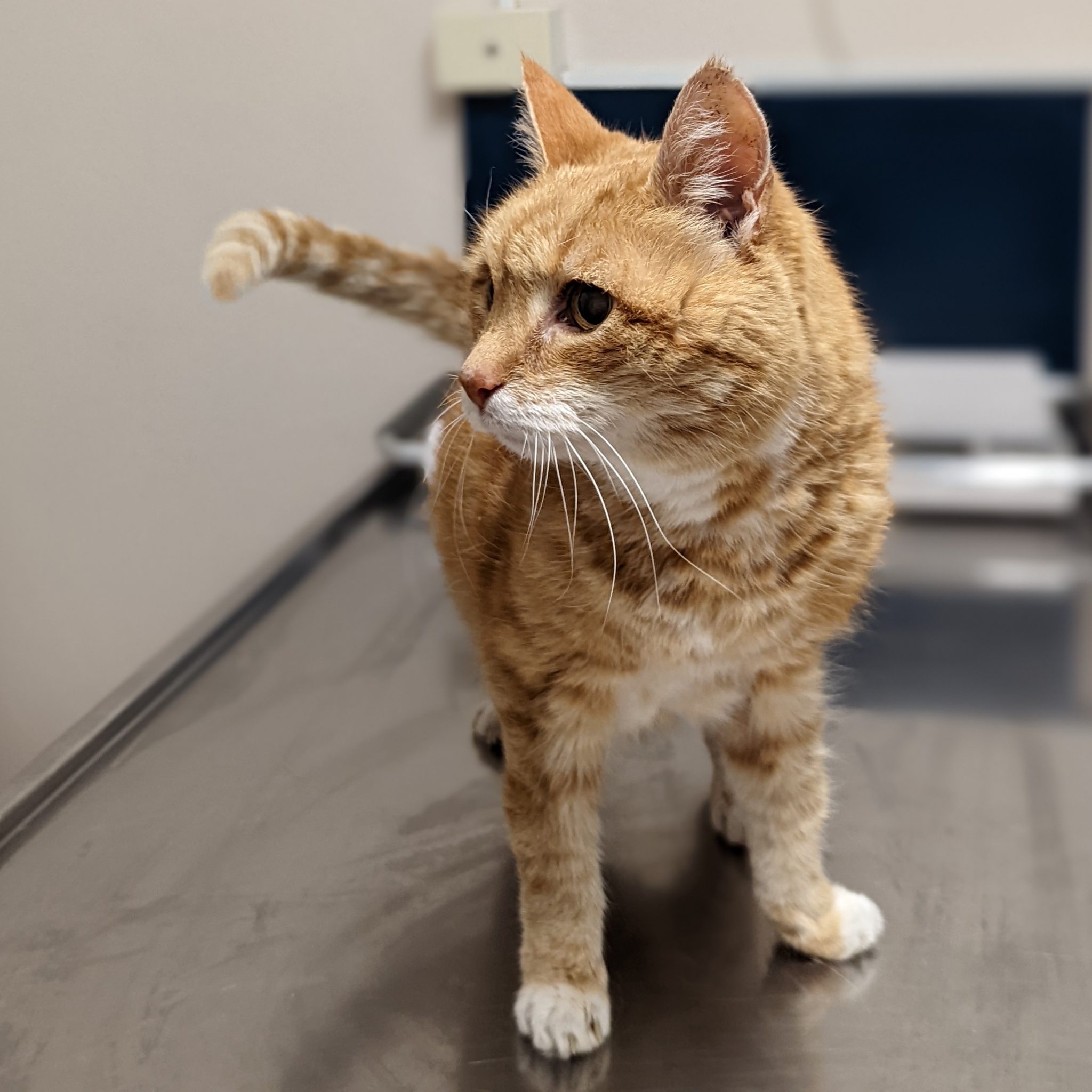🐶 Caring for Unwell & Elderly Pets
Caring for a sick or ageing pet can be challenging, but also deeply rewarding. At Pittwater Animal Hospital, we’re here to guide and support you through this phase of your pet’s life—with practical advice and veterinary care tailored to your pet’s needs.
Our motto?
Do the simple things well.
🍽 Feeding Support
Appetite changes are very common in elderly and unwell pets. Supporting them with thoughtful feeding strategies can make a big difference to their comfort, nutrition, and overall wellbeing.
🥣 Moist, Warm, and Frequent
Older or unwell animals will often prefer moist food over hard kibble. Moist food is:
-
Easier to chew and swallow
-
More fragrant, which encourages eating
-
Gentler on sore mouths or aging teeth
Warming the food slightly (to body temperature) brings out the aroma and can significantly improve appetite—especially in pets with dull senses of smell or taste.
🕒 Small Portions, More Often
Rather than leaving food out all day, try offering small meals regularly, with gaps in between. This approach:
-
Makes it easy to track how much they’ve eaten
-
Encourages hunger to build between meals
-
Allows you to celebrate success when they finish a portion
-
Helps maintain interest in food and avoids overwhelm
Start with a small spoonful, wait until they’ve eaten it, and then offer a little more if they’re still interested. If they ignore the food, remove it after 15–30 minutes and wait before offering something different. Constant access to uneaten food can lead to confusion and reduced appetite.
⚖️ Maintaining Body Weight
Weight loss is common in ageing and unwell pets and can happen quickly and quietly. Feeding small, frequent meals:
-
Supports more consistent calorie intake
-
Reduces nausea associated with large meals
-
Helps pets conserve energy and digestion
Weigh your pet every 2–4 weeks (we can help with this) to track changes. If they are steadily losing weight, your vet may recommend appetite stimulants, prescription diets, or even feeding supplements to support their energy needs.
If your pet consistently refuses food, is losing weight, or seems disinterested in eating, it’s important to get veterinary advice—many manageable issues, such as nausea, pain, or infections, can suppress appetite.
🚽 Toileting Support
Toileting habits can change as pets age or become unwell—and this is often one of the first signs that something isn’t quite right.
💧 Urination
Older or sick pets may:
-
Urinate more frequently
-
Have accidents indoors
-
Seem less aware of when they need to go
-
Be unable to hold on for as long as they used to
Set a timer and take your pet to the toilet every 2–3 hours, even if they can still walk themselves outside. Gently encouraging them to toilet regularly helps reduce the chance of accidents and keeps them more comfortable. If they go successfully, praise them with calm affection or a treat—this helps reinforce the routine.
If your pet’s urine:
-
Smells unusually strong or unpleasant
-
Becomes more frequent, dribbly, or cloudy
-
Seems painful to pass
…it may be a sign of a UTI—urinary tract infection. These are very common in elderly pets and can cause a sudden deterioration in appetite, mood, and energy. They can also lead to accidents indoors. If you’re concerned, try to collect a urine sample in a clean container and drop it off to us for testing. Early treatment makes a big difference.
Fur around the bottom and tail may become soiled with urine, especially in long-haired breeds or pets with reduced mobility. You can help by:
-
Clipping the fur short
-
Applying a barrier cream (ask your vet for recommendations)
-
Gently bandaging the tail to keep it clean and dry
💩 Bowel Movements
Older or unwell animals may also experience changes in bowel habits.
-
Constipation is common due to reduced mobility, dehydration, or medications.
-
Straining, however, is not always due to constipation. After a bout of diarrhoea, the lower bowel can become inflamed and cause straining even after the stool has passed.
-
Small streaks of blood in the stool can occur in these cases and are usually not a cause for alarm, but worth monitoring.
It’s helpful to keep a “poo diary”—a record (photos included, if you’re comfortable!) of your pet’s bowel habits. This makes it easier to detect patterns or changes and helps your vet make better-informed decisions.
A regular toileting routine is a reassuring sign of stability. If your pet’s toileting suddenly changes, give us a call—we’re here to help assess what might be going on.
💨 Breathing & Respiratory Distress
Some conditions—such as heart disease, lung disease, and upper airway issues—can cause breathing difficulties that may worsen over time. Pets with breathing problems can deteriorate rapidly and may suffer significantly if not treated promptly.
What to watch for:
-
Healthy breathing is quiet and effortless. At rest, it should be hard to tell your pet is even breathing.
-
Most well pets can sleep soundly curled up or on their sides, breathing calmly through their nose.
-
Increased breathing effort (visible rib or belly movement, flaring nostrils, open-mouth breathing in cats) is a serious warning sign.
-
Some animals with heart failure can only breathe comfortably while sitting upright (sternal position), with their neck stretched and head elevated. As they begin to fall asleep and their muscles relax, they can no longer breathe well—so they become restless, keep waking, and appear unsettled overnight. This is a very concerning sign that may indicate fluid buildup in the lungs.
Observe from a distance. It’s often easiest to assess breathing patterns when your pet is unaware you’re watching. Pay attention to:
-
Positioning—can they lie down comfortably?
-
Breathing effort—are the chest and belly working harder than usual?
-
Noise—are there wheezes, snoring, or unusual sounds?
-
Tongue colour—a healthy pet has a pink tongue; blue or grey tones may suggest oxygen deprivation.
If your pet shows signs of laboured breathing:
-
Keep them calm and quiet—avoid stress or handling.
-
Sit them up and gently extend the neck—this can sometimes ease breathing.
-
Seek urgent veterinary care. Breathing difficulty is a medical emergency.
If you are ever unsure, it’s better to call us immediately. Early intervention can make all the difference.
🧼 Grooming & Hygiene
As pets age or become unwell, grooming often becomes more difficult for both the pet and the owner—but it’s still incredibly important. Good grooming isn’t just about appearance—it’s essential for comfort, hygiene, and health.
✂️ Fur & Skin Care
-
Matted or dirty fur can trap moisture, faeces, and debris, leading to painful skin infections or sores.
-
Crusted discharge around the eyes can cause irritation or secondary eye infections.
-
Unclean fur around the bottom may contribute to urinary tract or skin infections.
Aim to keep fur short and clean, especially:
-
Around the face (eyes, nose, mouth)
-
Around the rear end
-
Between the toes and paw pads
For long-haired pets or those prone to matting, consider clipping the coat short, especially during warmer months. If your pet won’t tolerate grooming, we can provide a sedated clip at the vet for their comfort and safety.
🐾 Nail Care
As pets become less active, they often don’t wear down their nails naturally. Overgrown nails can:
-
Cause pain while walking
-
Alter the way pets bear weight, contributing to joint pain
-
Grow into the paw pad (especially dewclaws), causing infections
We recommend nail trims every 6–8 weeks for unwell or elderly animals. Our team is happy to help with this during regular check-ups or grooming visits.
🛁 Bathing & Bedding
Weekly bathing with a gentle antibacterial shampoo like Pyohex® helps:
-
Reduce skin bacteria and yeast levels
-
Control body odour
-
Improve comfort for itchy or sensitive skin
Don’t forget to wash bedding, collars, and harnesses regularly too. Keeping your pet’s environment clean is just as important as grooming them directly.
Regular grooming helps your pet feel more comfortable, cleaner, and calmer—especially when mobility or illness makes self-care harder. It also gives you the chance to check for new lumps, sore spots, or changes in their condition that may need veterinary attention.
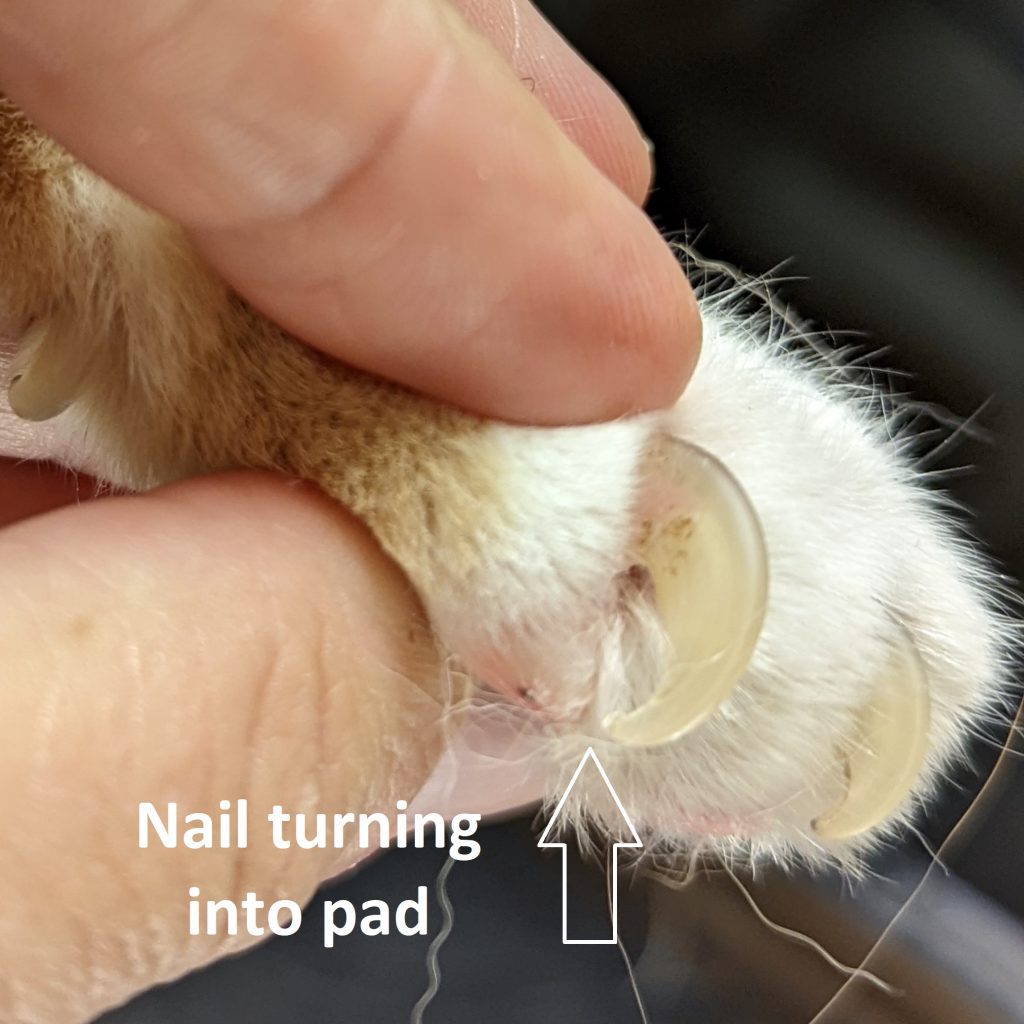
🦷 Dental Care in Elderly & Unwell Pets
Dental care becomes more challenging—but often more critical—as pets age.
While we don’t recommend dental procedures in elderly animals without a clear reason, it’s important to understand that significant oral infections, painful teeth, or advanced periodontal disease can severely impact your pet’s overall health, comfort, and quality of life.
🦴 Why Dental Disease Matters in Older Pets
As animals age:
-
Their saliva production changes
-
Their mouths may become drier
-
Plaque and tartar accumulate faster
-
Bad breath worsens due to bacterial buildup
This means even pets who’ve had previous dentals may develop visible tartar and smelly, infected mouths again within months. These infections can:
-
Suppress appetite
-
Cause chronic pain
-
Contribute to systemic illness
-
Weaken the immune system further
⚖️ A Balanced Approach
Deciding to perform a dental procedure under general anaesthetic in a sick or elderly pet is always a carefully considered compromise. Our vets will:
-
Thoroughly examine your pet
-
Assess blood and organ function beforehand
-
Help weigh the risks of anaesthesia against the burden of infection or pain
At Pittwater Animal Hospital, we’ve successfully performed dental extractions on pets well into their senior years—including 18-year-old dogs—who have recovered well and regained energy, appetite, and comfort afterwards.
Sometimes removing painful or infected teeth leads to dramatic improvement in quality of life.
👩⚕️ How We Help
-
We offer pre-anaesthetic blood screening to assess safety
-
Tailor the anaesthetic plan for minimised risk
-
Provide IV fluids and pain relief for comfort and recovery
-
Work closely with you to ensure the timing and approach is right for your pet
If you’re noticing signs such as:
-
Bad breath
-
Reluctance to chew
-
Drooling
-
Pawing at the mouth
-
Visible tartar or loose teeth
…it may be time for a dental assessment. Your vet will guide you on whether a dental procedure is necessary—or whether ongoing medical management is more appropriate.
-
🩺 Veterinary Monitoring & Ongoing Support
Regular veterinary check-ups are one of the most important ways we can help your elderly or unwell pet live comfortably and maintain a good quality of life. These visits help us catch problems early—often before your pet shows obvious symptoms—and allow us to adjust care proactively, rather than reacting in crisis.
📆 Regular Check-Ins
For aged, chronically unwell, or palliative patients, we often recommend monthly check-ups. These are not just clinical assessments—they’re an opportunity to:
-
Monitor your pet’s weight, hydration, and comfort
-
Evaluate changes in appetite, mobility, and behaviour
-
Review and adjust medications or supplements
-
Provide reassurance and support for you as the caregiver
Whenever possible, we’ll book you in with your preferred vet—someone who knows your pet’s history and understands the nuances of their care. These appointments are a chance to discuss any changes you’ve noticed and talk through what to expect as time goes on.
😊 The Happiness Index
One of the most important parts of caring for an unwell or elderly pet is assessing their quality of life—what we sometimes refer to as their “happiness index.”
We’ll help you assess:
-
Is your pet still interacting with the family?
-
Do they still get pleasure from eating, walking, or cuddling?
-
Are they able to rest comfortably?
-
Are they experiencing more good days than bad?
-
Are you coping with the level of care required?
It’s okay for the answers to change over time. These discussions help guide decisions—whether that’s adjusting medications, improving comfort, or recognising when it might be time to consider end-of-life care.
We’re here to support both you and your pet through this stage—every step of the way.
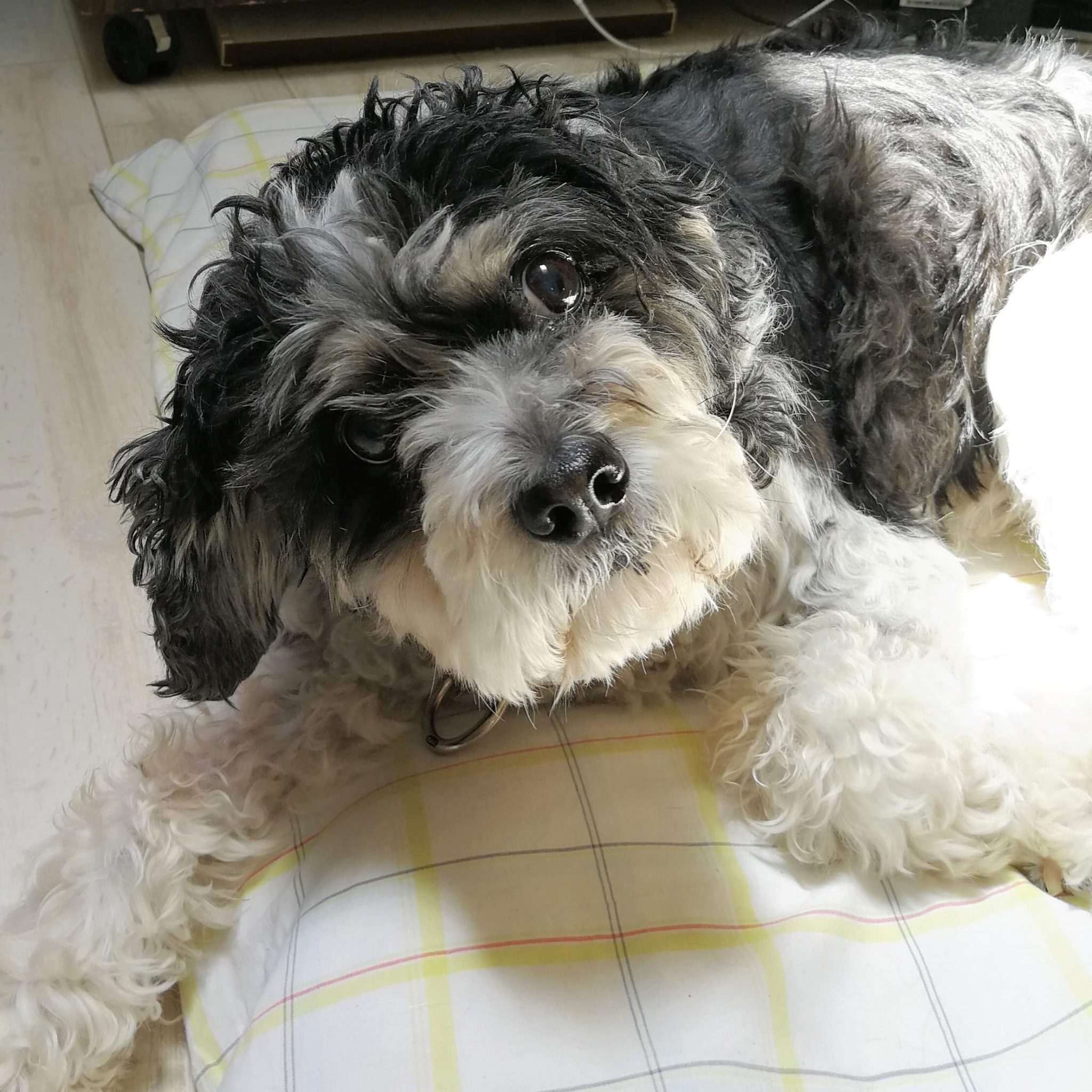
-
-
🌈 Final Care for Your Pet
Making the decision to say goodbye to a beloved pet is one of the most difficult and deeply emotional choices we face as pet owners. It’s a moment filled with love, doubt, grief, and responsibility. At Pittwater Animal Hospital, we understand this—and we are here to support you with honest guidance, compassionate care, and a deep respect for the bond you share with your pet.
🕊 Understanding When It’s Time
Elderly pets and those with chronic conditions such as kidney failure, cancer, or heart disease often deteriorate slowly, with subtle changes that accumulate over time. These pets may lose weight, stop eating, experience ongoing vomiting or diarrhoea, develop breathing problems, or withdraw from family life. It’s natural to hope they might simply pass away peacefully in their sleep—but this is very rare.
What happens more often is a slow decline that may include:
-
Increasing discomfort or distress
-
A loss of dignity
-
Emotional and physical strain on the family
Dr Jill has said goodbye to many of her own pets over the years, due to illness or old age. She often reflects on how she knew the decision was approaching, but that it can take a day or two for that sense of knowing to become clear and certain. It’s a process many owners experience—the moment of uncertainty (“something doesn’t feel right”) is often followed, just a few days later, by clarity and peace of mind (“that was the right decision”).
We frequently hear owners say, “I wish I’d made the decision two days earlier.” These feelings are completely normal. This is a deeply emotional decision, and it’s human to take time to feel truly ready. We’re here to support you through that process with compassion and understanding.
🧡 A Gentle Goodbye
Our role is to help you make the kindest decision possible, before your pet enters a stage of crisis or suffering. We want your pet’s final moments to be:
-
Peaceful
-
Pain-free
-
In familiar hands, surrounded by love
Euthanasia is most gentle when your pet is still mentally aware and able to feel safe and comforted—not during a dramatic medical emergency in the middle of the night with a vet they’ve never met.
We aim to provide:
-
A calm, quiet space
-
Time for you and your family to say goodbye
-
A procedure that is respectful, dignified, and as peaceful as possible
We can also discuss at-home euthanasia options, where appropriate, and guide you through aftercare and memorial options if you wish.
You do not have to navigate this alone.
📞 Please call us on 9913 7979 if you are unsure, need advice, or simply want to talk.
We are here to help you and your pet—with care, clarity, and compassion. Always.
-
👉 For more information, visit our Euthanasia & End-of-Life Care page

